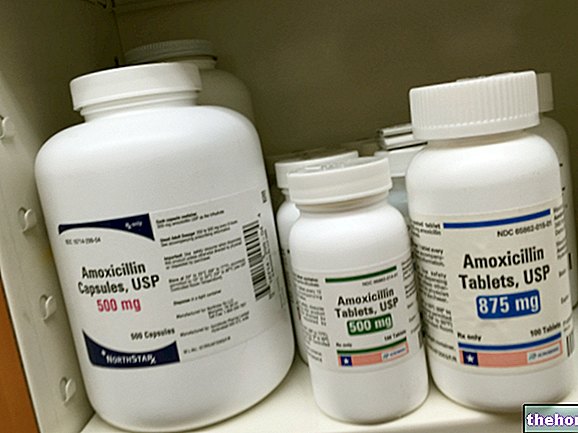Glucocorticoid drugs such as anti-asthmatics.
Anti-inflammatory drugs par excellence, they are indicated in case of very severe chronic asthma. The glycocorticoids act as anti-asthmatics by concentrating their action at the genetic level, where - interacting with the intracellular receptor - they alter gene transcription by inhibiting the activity of phospholipase A2; this upstream action stops the production of prostaglandins and leukotrienes, inhibiting the production of their precursor, arachidonic acid. The most important pharmacological effects are the reduction of bronchial hyperactivity and the inflammatory process, this increases the caliber of the airways and reduces the frequency of asthmatic attacks.
Glucocorticoid therapy must take place in stages:
- Glycocorticoids administered by inhalation;
- Glycorticoids administered in combination with inhaled β2-agonists;
- Glycocorticoids administered orally with systemic treatment.
We proceed from one stage to the other only if the previous one did not give the expected effect. When oral administration is interrupted, an inhalation treatment is resumed and gradually discontinued, in order to avoid malfunction of the adrenal gland which has been inhibited for a long time. Glucocorticoid therapy represents the last attempt at recovery and is applied only if the previous pharmacological categories have proved insufficient.
Other articles on "Glycocorticoid drugs as asthmatics"
- Leukotriene inhibitor drugs
- Chromone drugs




























